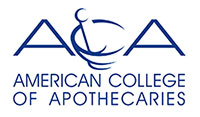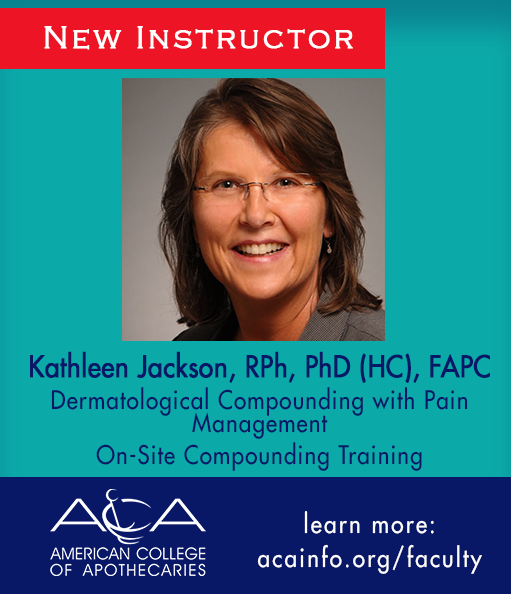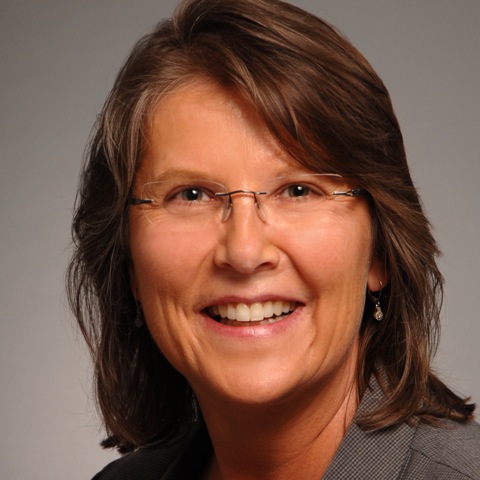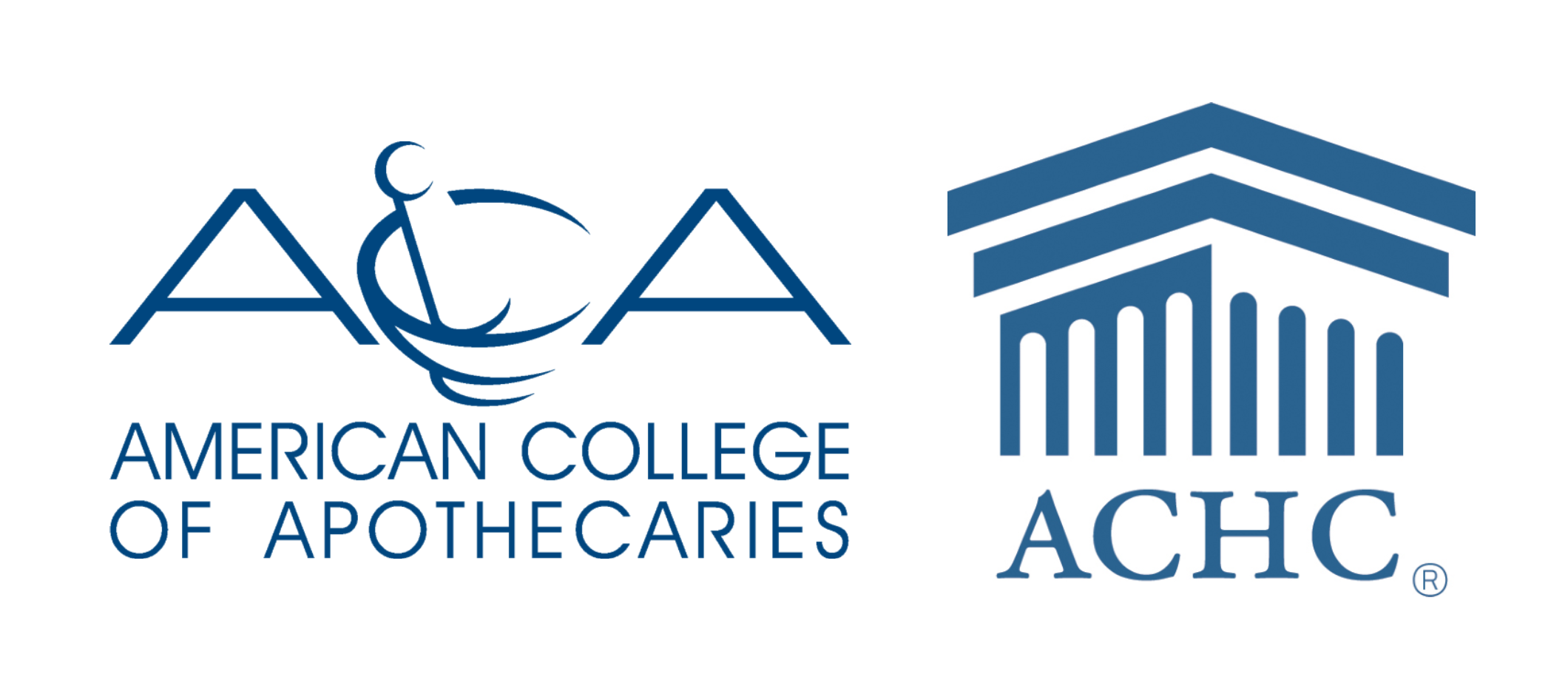ESI / TRICARE Re-Initiating Recoupment Actions
from ACA Corporate Member, Frier Levitt, Attorneys at Law
Express Scripts, Inc. (“ESI”), following a period of stay in its April 7, 2020 recoupment action, has resumed its efforts to recover funds from certain pharmacies who submitted claims to TRICARE in 2015, this time, with no indication of slowing down. Specifically, compounding pharmacies subject to this recoupment action begun to receive letters dated September 1, 2020 resuming the recoupment action, specifying that ESI must receive the appeal and all supporting documentation within 90 days from the September 1, 2020 date, by November 30, 2020. However, the Defense Health Agency (“DHA”) expressed a shift in focus from its original focus on allegations pertaining to lack of patient/prescriber relationship to those pertaining to a lack of medical necessity for the claims at issue. While the focus has shifted slightly, the strategy to appeal such determinations has remained largely the same. The clock has begun ticking and DHA has made it clear that refunds to pharmacies for moneys already withheld will only be adjusted if and when the Pharmacy appeals the action, and, even then, only if the appeal is successful. It is clear that DHA and ESI are not backing away from this recoupment action and are prepared to press on, full steam ahead.
ESI Re-Initiates Recoupment Action
After a two month stay on the recoupment actions, Express Scripts, Inc. (“ESI”) began sending out letters dated September 1, 2020 stating that the new appeal deadline is set 90 days from the date of the letter, such that the appeal and all supporting documentation is now due November 30, 2020. This recoupment action was initiated by ESI on April 7, 2020 when some pharmacies received the letter recouping on claims submitted in 2015 for TRICARE beneficiaries (read more here). By mid-June, several hundred pharmacies received the same letter initiating a recoupment with a letter dated April 7, 2020. Finally, at the direction on the Defense Health Agency (“DHA”), ESI stayed the recoupment action effective June 25, 2020 until further notice (read more here).
After ESI’s letter temporarily halting the recoupment action, no further information was provided to pharmacies until August 23, 2020 when DHA responded to a series of questions sent in July by Pharmacy Audit Assistance Services National (“PAAS”). Within their responses, DHA has implemented several changes to how the recoupment action was to proceed. None of these changes, however, indicate that the allegations set forth within the initial recoupment action will be retracted – only that they have been slightly modified – nor that the moneys previously recouped will be refunded to the pharmacies. Moreover, DHA and ESI have made it clear that neither DHA nor ESI were planning to refund pharmacies for the recouped amounts unless and until the applicable pharmacy submits an appeal which successfully counters DHA and ESI’s allegations. ESI and DHI have expressed that, only then, will any adjustments be made to the moneys already withheld.
Instead, DHA re-instated the original recoupment action and switched gears from focusing on the patient-prescriber relation to focusing on the medical necessity of the claims at issue itemized within the original ESI recoupment letter dated April 7, 2020. However, this shift in focus is still grounded in DHA’s internal investigation which found that the corresponding prescribers to the prescriptions at issue allegedly did not bill TRICARE for a corresponding patient visit. While the allegation that there was a lack of medical necessity indicates a slight shift from the original recoupment allegation, ultimately the issues facing pharmacies in seeking medical records from prescribers to combat the allegations remain the same.
Amongst the documentation to be provided to refute the allegation that the prescription s were not medically necessary, DHA additionally stated in its August 23, 2020 letter that prescriber attestations, which ESI previously indicated would be insufficient to respond to the appeal, may be accepted to support the medical necessity of the prescription if the attestations clearly identify the specific patient, prescription, date of service and medical necessity of the prescription as originally prescribed. In addition to the attestations, medical records and pharmacy records will also be accepted in order to support the medical necessity of the prescriptions.
Pharmacies who have received either the initial recoupment letter or the letter suspending the recoupment action should be on the lookout for the latest correspondence from ESI dated September 1, 2020 and should use the time before the appeal deadline to gather documentation in order to support the medical necessity as well as the patient prescriber relationship. While ESI is moving forward with a recoupment action, if ESI makes the determination that claims were submitted for prescriptions lacking the requisite medical necessity, ESI may proceed to terminate the pharmacy from its network and pharmacies must be mindful of potential False Claims Act exposure because the claims at issue are claims submitted to TRICARE, a federal payor (read more here). As a result, it is of utmost important that the allegations are appealed in a timely manner.
How Frier Levitt Can Help
Frier Levitt understands the intricacies and the variety of issues that pharmacies face with these recoupment actions. If you have received an initial letter dated April 7, 2020, a suspension letter dated June 25, 2020, or a renewal letter dated September 1, 2020, we can assist you in appealing this recoupment action on behalf of your pharmacy.
Jonathan E. Levitt, Esq.
Co-Founding Member
Frier Levitt, LLC
jlevitt@frierlevitt.com
973.618.1660












